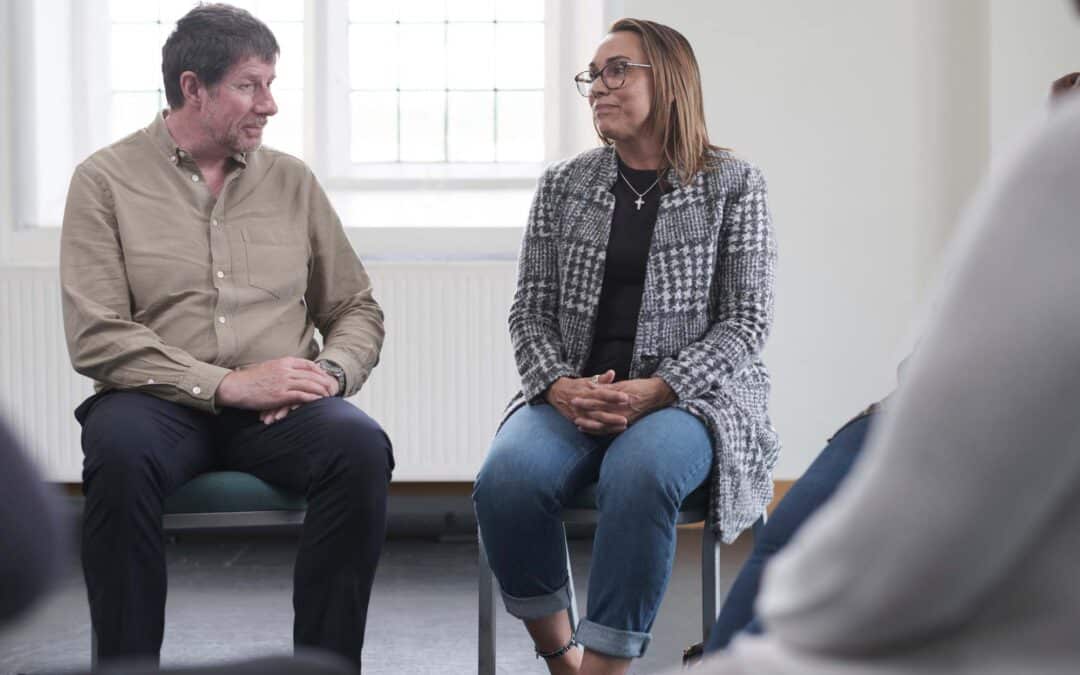Loving someone in active addiction can be tough. How can you support them without enabling their addiction? Do you need family therapy? Where do you draw the line when it comes to helping them with issues related to their addiction? Most of all, can love to survive when one spouse is struggling with alcohol or drugs? When someone in a family is dealing with addiction, it affects the whole family, not just that person. A person who is in active addiction, even though they may seem angry or distant, needs the love and support of their family to achieve recovery. However, it is important to learn how to set and maintain healthy boundaries within the relationship; otherwise, help can turn into enabling.
How Can I Recognize Signs of Addiction in My Spouse?
No one wants to think that their spouse could be hiding an addiction from them, but sometimes love means being brave enough to see the truth. If you aren’t sure whether or not your spouse is dealing with addiction to drugs or alcohol, here are some questions you can ask yourself that may help clear things up:
- How is the financial situation going? Are there problems with money? Unexplained expenses or things that “come up” put a strain on your finances?
- Can you count on your spouse, to tell the truth, or have you caught them in lies? If you ask your spouse questions, do they get angry or try to change the subject?
- Is your spouse frequently ill? Do they often have excuses for why they don’t feel or look well?
- Does your spouse still show interest in hobbies, family events, and other activities, or do they seem uninterested or quick to make excuses not to participate?
- Has your spouse gotten in trouble at work or with the law lately?
- Have you found items, money, alcohol, or drugs hidden around the home?
How to Deal With a Spouse With Addiction
Coping with a spouse with addiction can be difficult. Addiction is a disease that changes a person’s behavior and takes control of their priorities. Someone in active addiction may be volatile and even abusive. It can be hard to handle a situation where your spouse is unpredictable or unreliable, but the solution starts with you. Here are some things to know about coping with a spouse’s addiction:
- Get counseling for yourself and other family members, even if your spouse does not wish to participate.
- Practice self-care. Eat nutritious food, stay hydrated, get exercise, and take time to do relaxing and fun things.
- Take responsibility for your moods. If your spouse is negative, don’t let that spill over your mood. Adults are in control of their feelings and reactions.
- Do not make excuses for your spouse’s behavior. It can be tempting to cover for them because it is less embarrassing or keep the peace, but they need to take responsibility for their actions.
- Set and maintain healthy boundaries. Follow up on any consequences that may ensue. Consistency is key.
These and several other strategies can be learned in our family therapy program. A substance use disorder affects more than just the individual struggling with the disease, and family therapy is a means to help everyone make a lasting recovery.
Discover More About How Liberty Health Services Can Help Your Addicted Spouse
As a premier substance abuse treatment center in Derry, New Hampshire, we are committed to helping our clients navigate the entire healing process. We at Liberty Health Services know that the whole family needs to be treated to achieve lasting recovery from addiction. Our caring and compassionate staff members are available at 855.959.4521. Reach out to us today and let us tell you how we can help your family begin your recovery journey.


